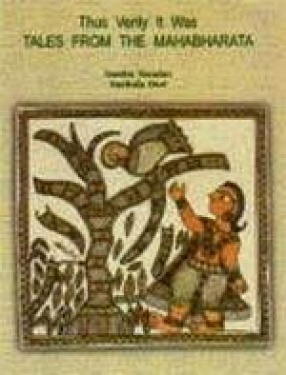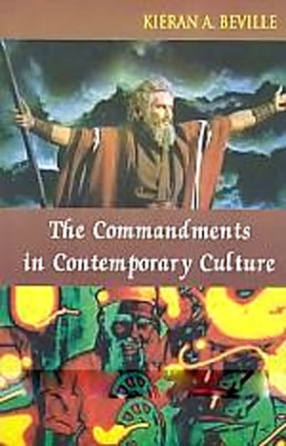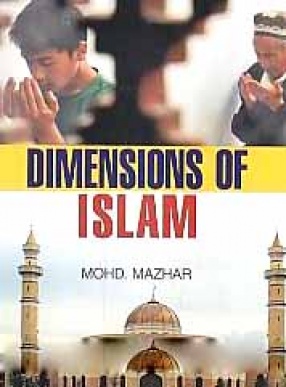Thus Verily It Was: Tales from the Mahabharata evolved out of an interaction with children at the Rishi Valley School, in a classroom situation where the question posed was: ‘What values does the great Indian epic teach us, and how relevant are those values for us in a world torn apart with greed, hatred, vendetta, strife and cruelty towards and exploitation of all life forms?’ The answer was staggering, and caught us unawares. We found buried within the main tale – the tale that is known to almost every Indian – tales that are skilfully woven into the fabric, enhancing and strengthening it. We found tales of instruction. We found tales that are not widely known, and which, by and large were recounted by the characters in the Mahabharata. At the end of the course, the children and I had learnt much. We realised that we could benefit greatly by looking at our lives, and reading our own story in the epic. We realised that we were not any different from the heroes who walked on the earth so many years ago. The Mahabharata consists of about a hundred thousand verses of four lines each, and is divided into eight parvas or sections. The entire work is almost completely in dialogue form, and it is unique in the literary world because of its size, being almost three times the size of the Bible and eight times as long as both the epics of Homer put together. The poem actually speaks – as does the Iliad and the Niebelungenlied – of the tragedy of a war of almost complete annihilation. There is woven into it a multitude of fables, parables, fairy tales, moral stories, brahmanical legends, and discourses on lofty philosophical and religious themes. For Indians, therefore, it is not just a well-loved epic of considerable poetic merit and but also a compendium of ethics, law and philosophy.
Meanings of the Holy Qur’an
$25.65
$27.00





There are no reviews yet.